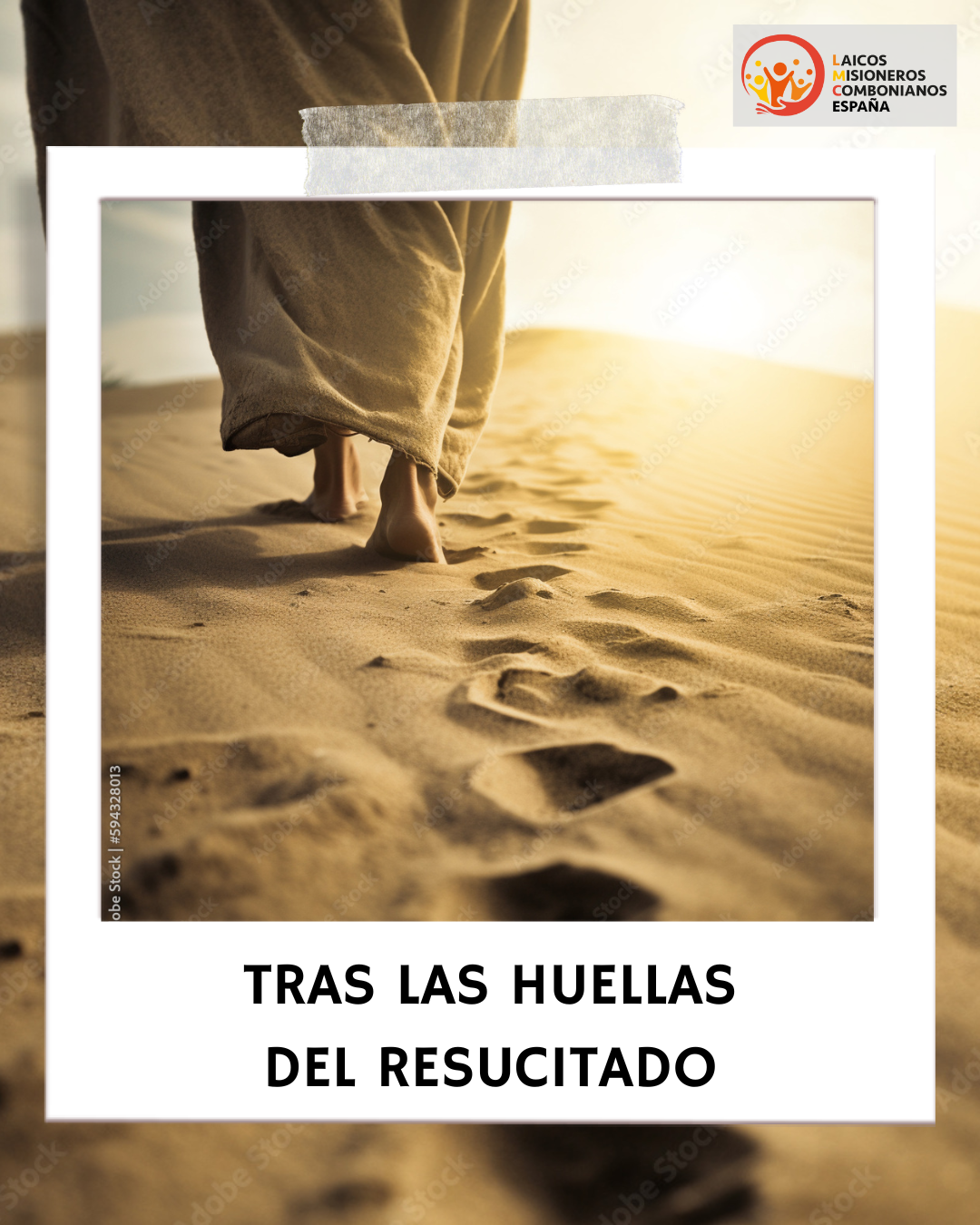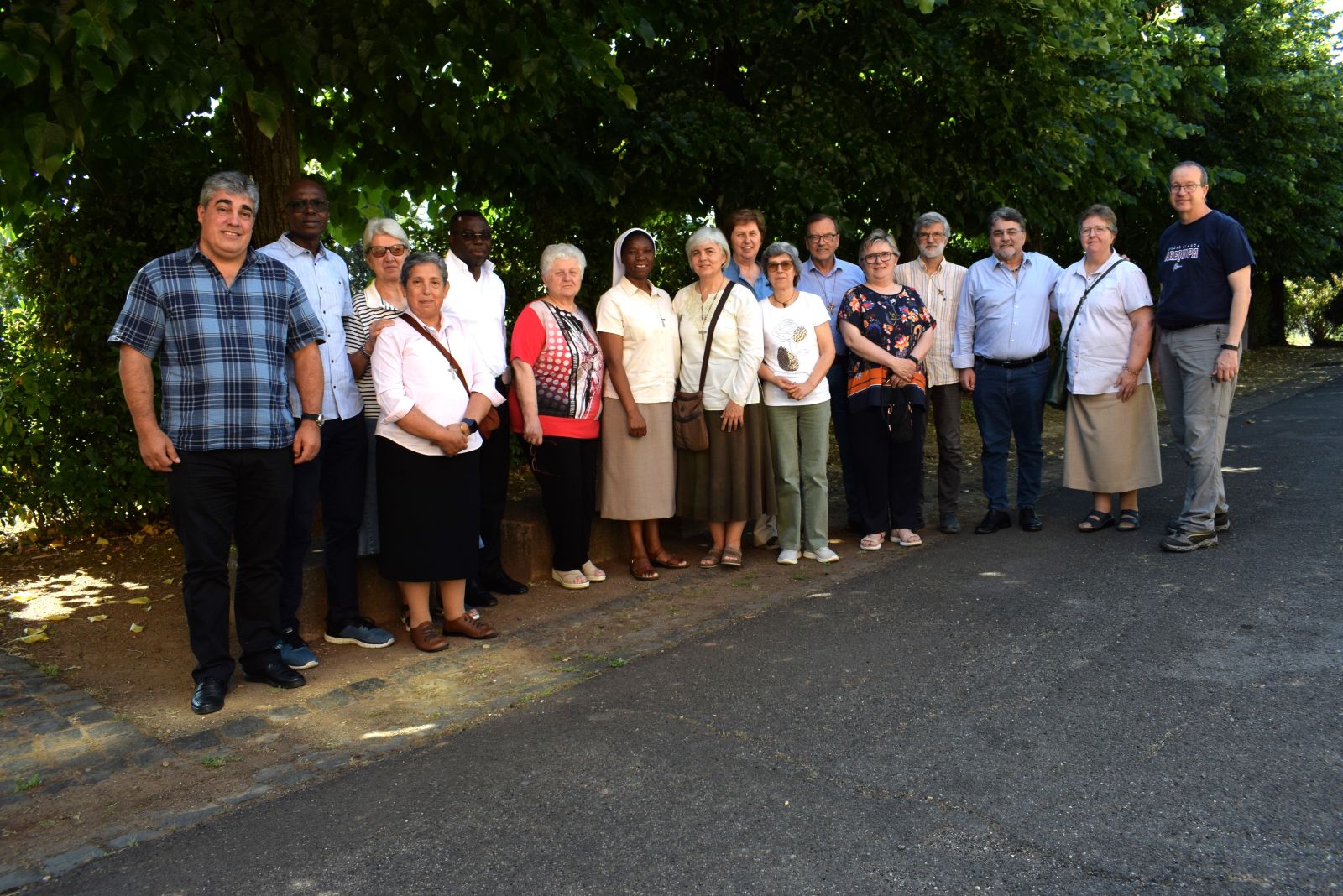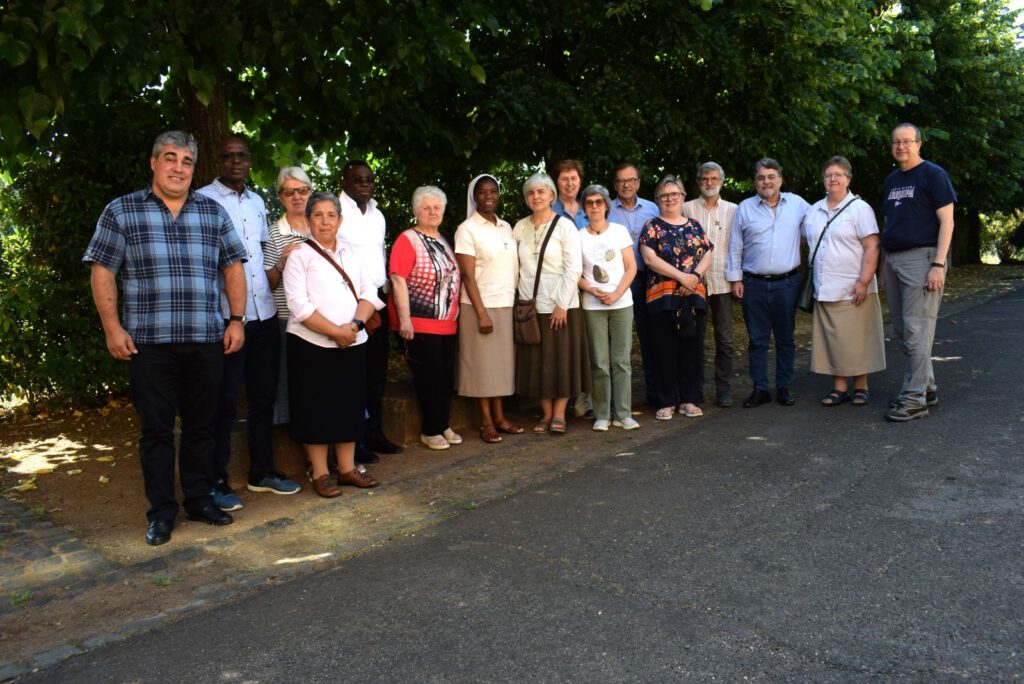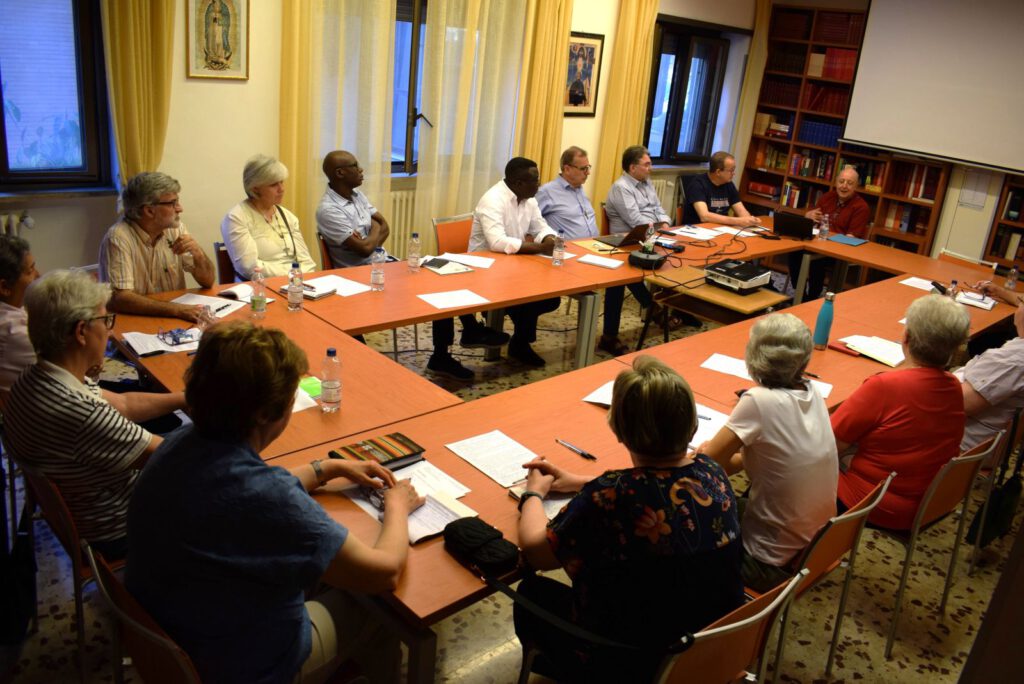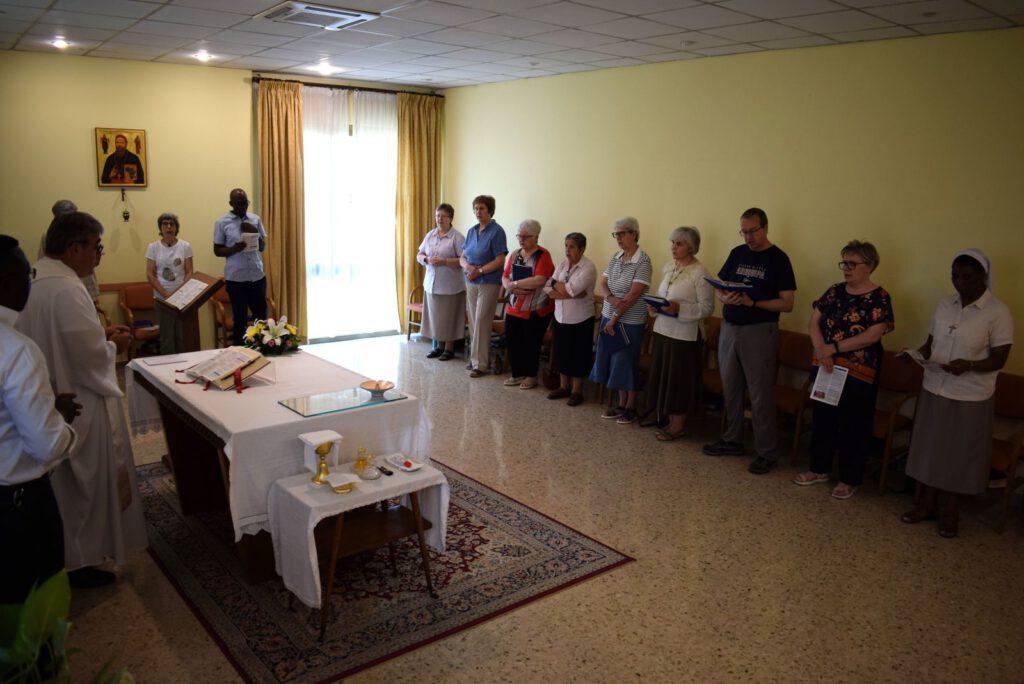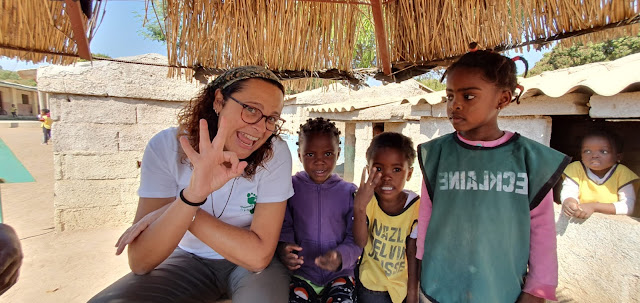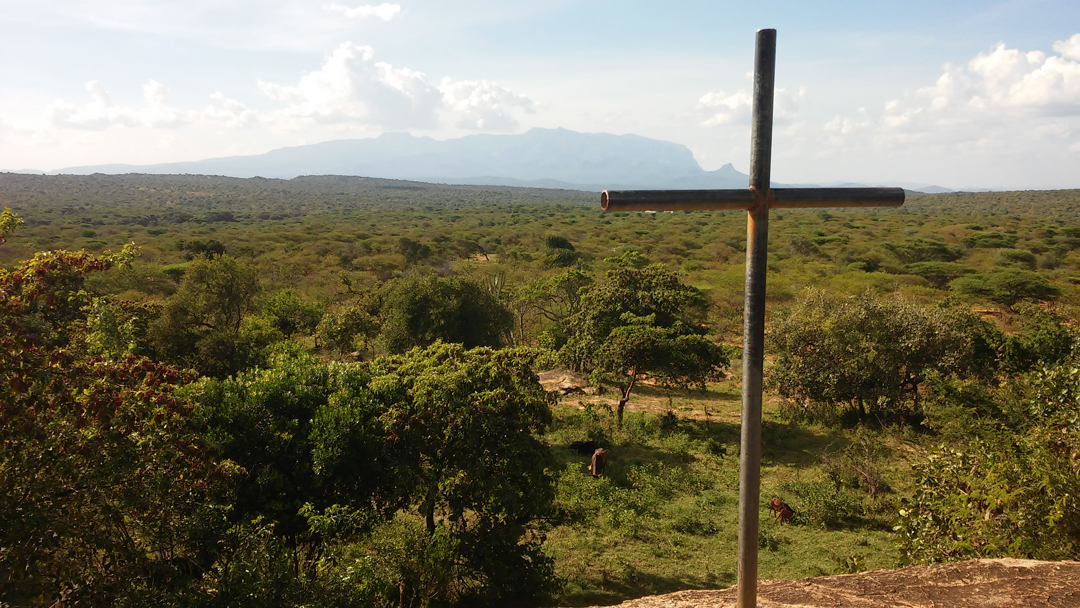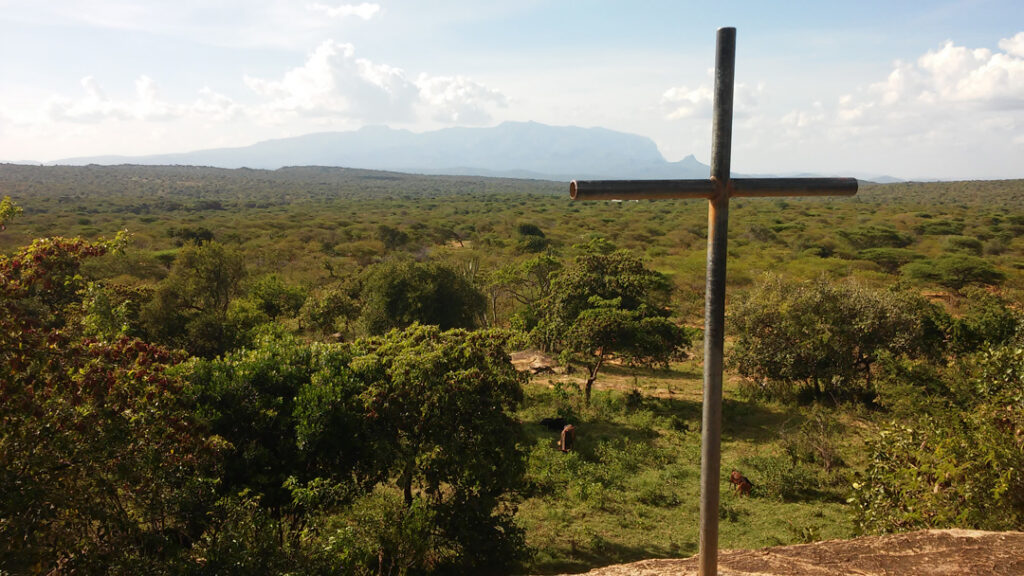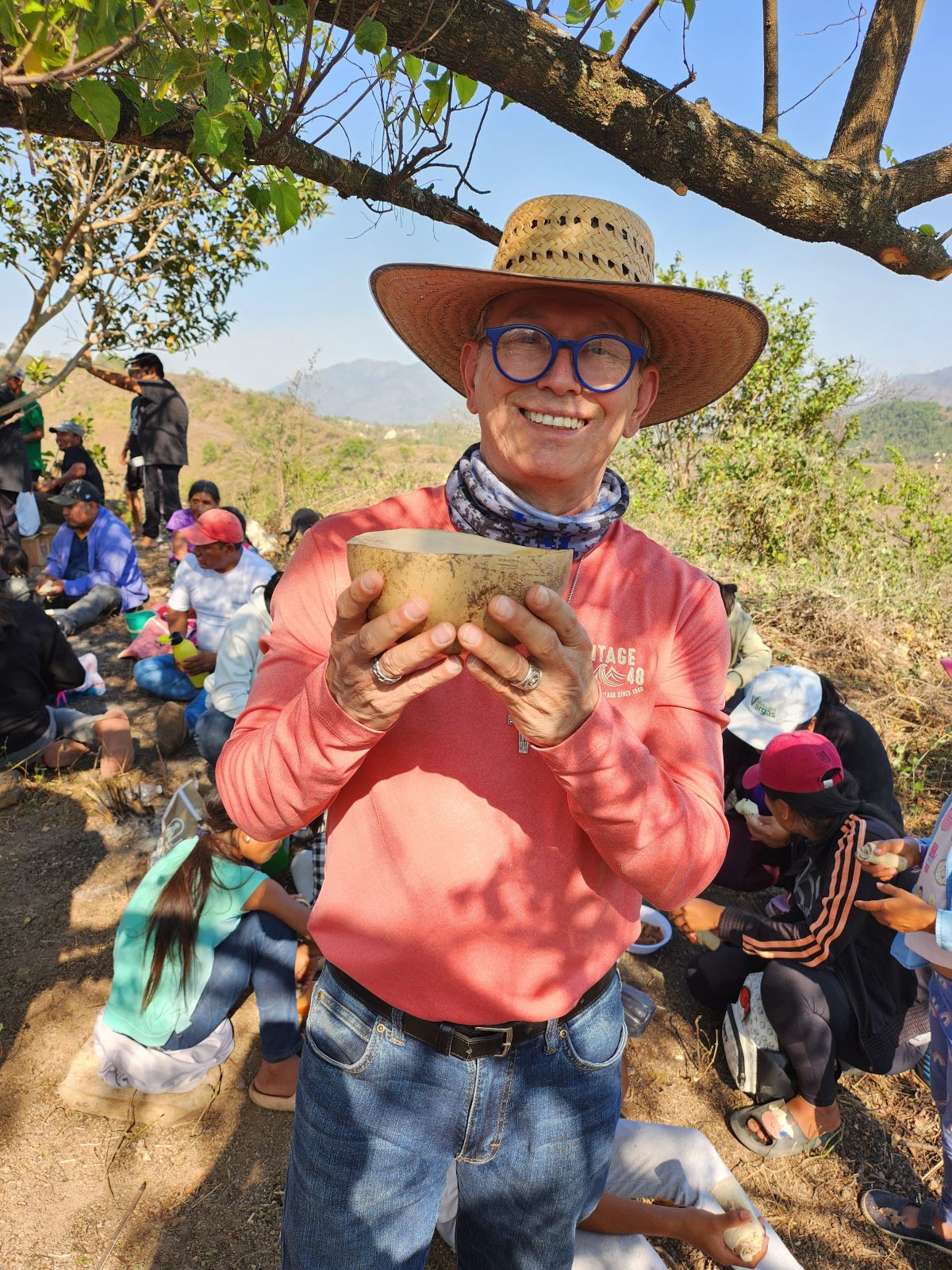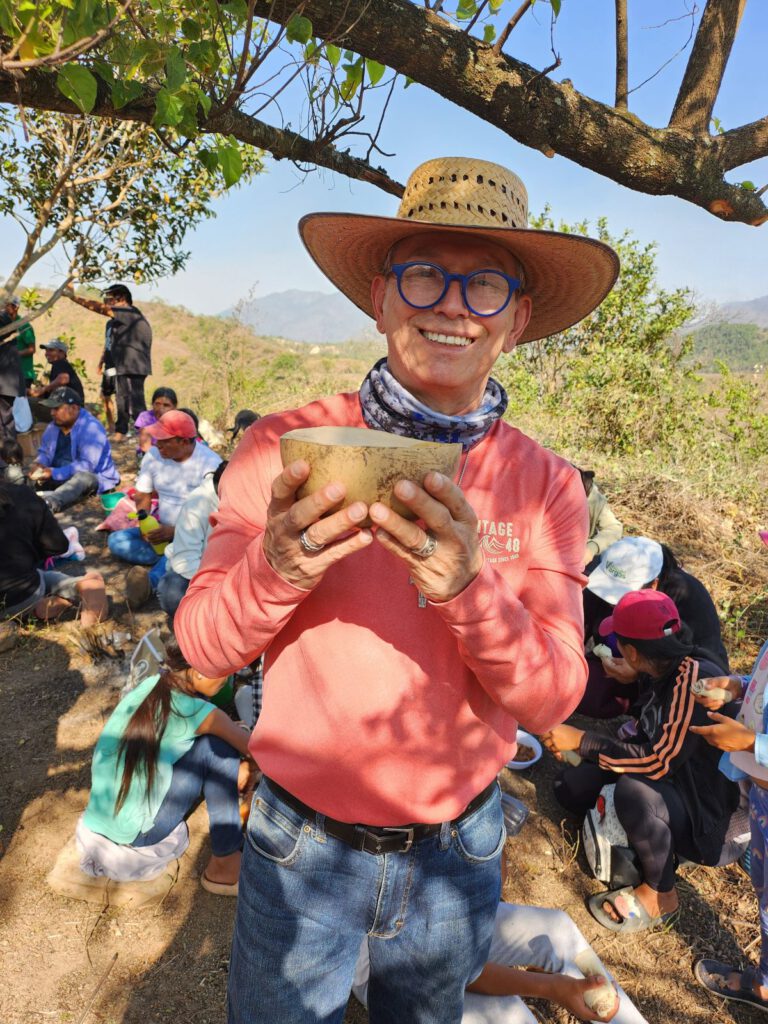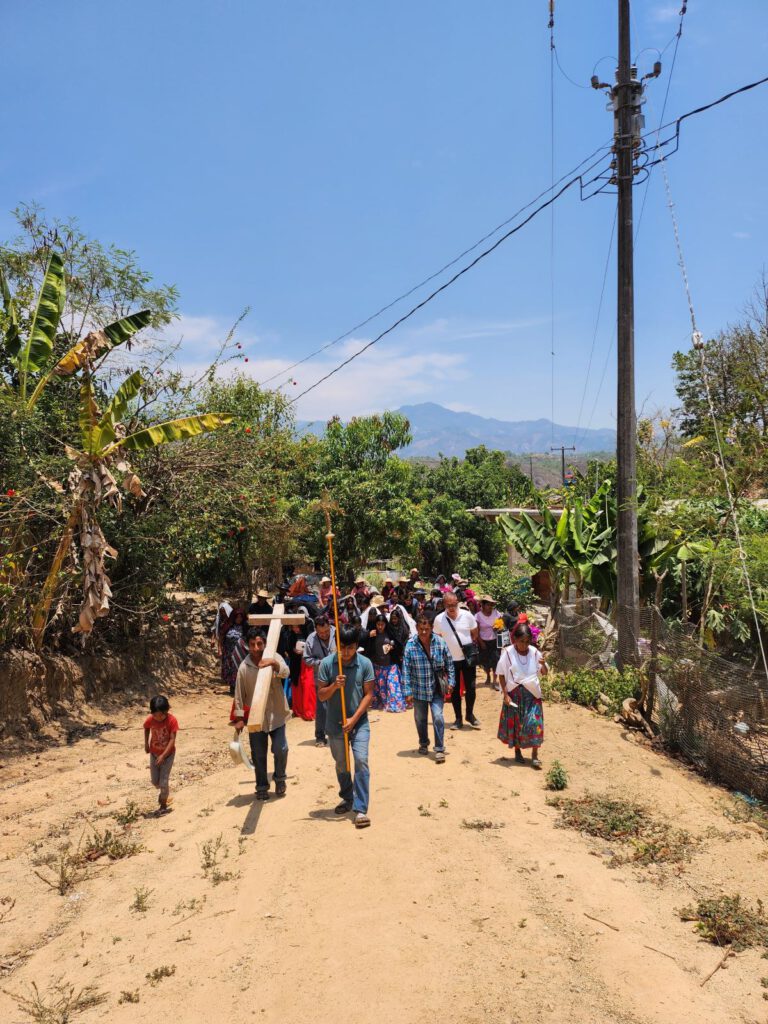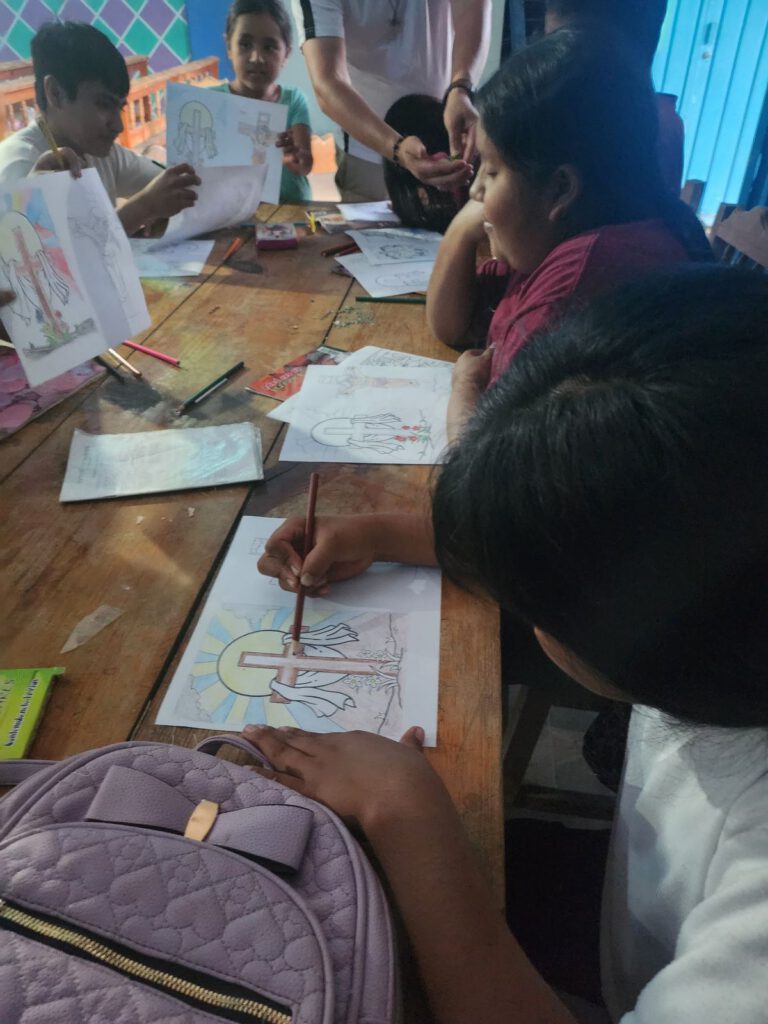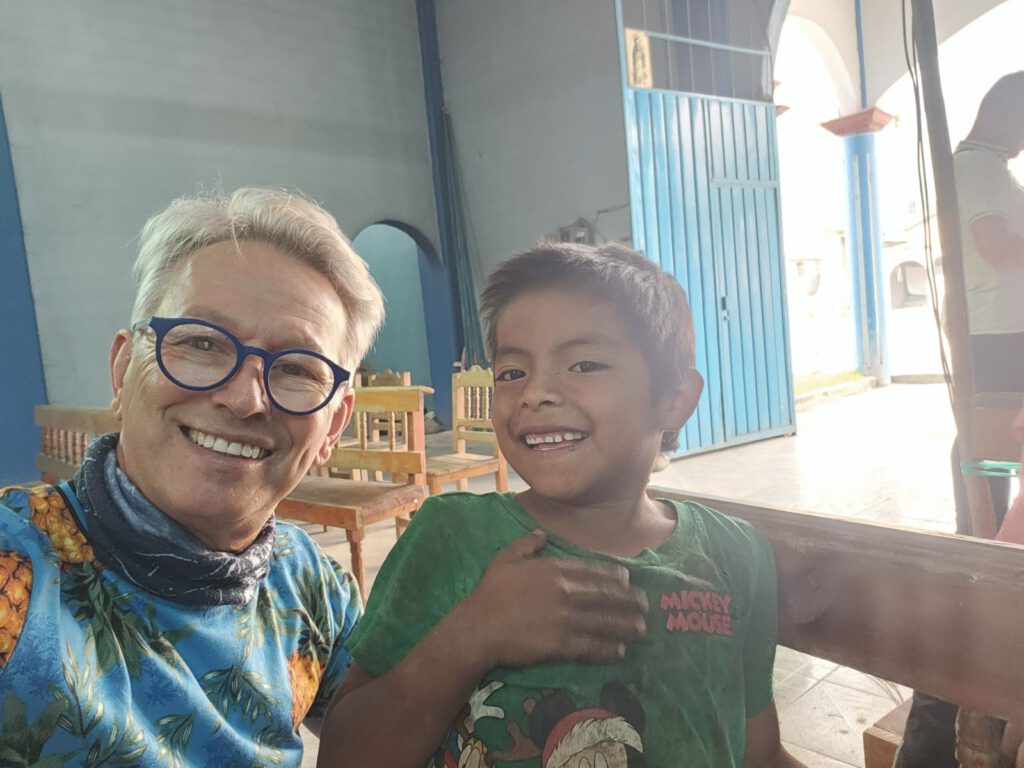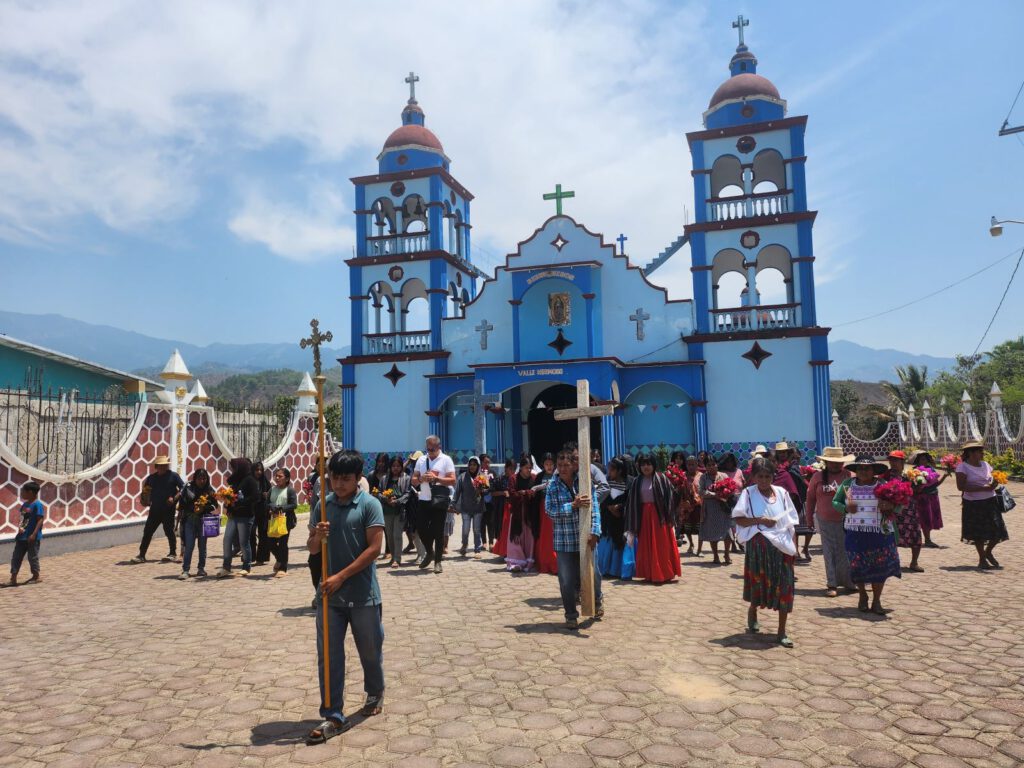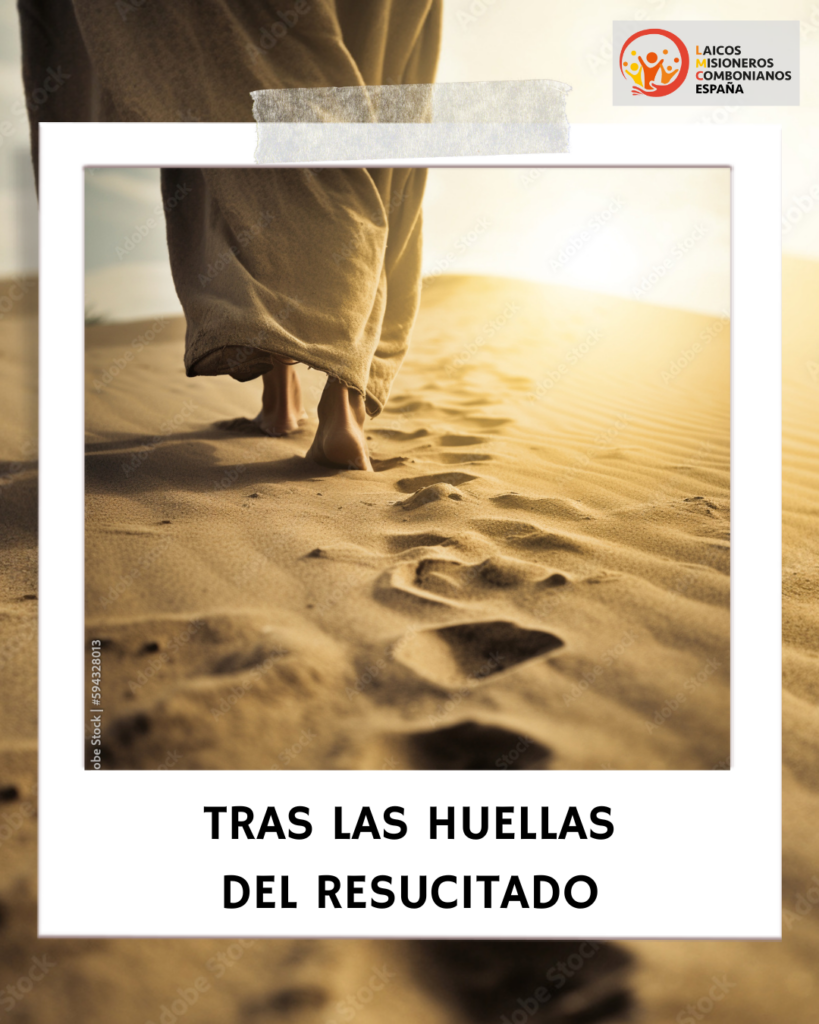
Throughout this Easter season, we have been discovering the presence of the Risen Jesus in our lives. As missionary disciples, we want to follow in his footsteps, to be bearers of the Good News, confident that he always accompanies us in our task of evangelization.
We are going through difficult times in the world. The new political leaders in many countries are taking their rhetoric to extremes for their own benefit. They seem to be striving to accuse others, to divide positions, to create two sides seeking the benefit of one at the expense of the other, and if there is a change, they seek revenge.
Violence, and in extreme cases war, seems to be the only solution proposed to solve our differences. We must prepare for war because we are doomed to find our ultimate solution in it.
We refuse to give up: Another world is possible!
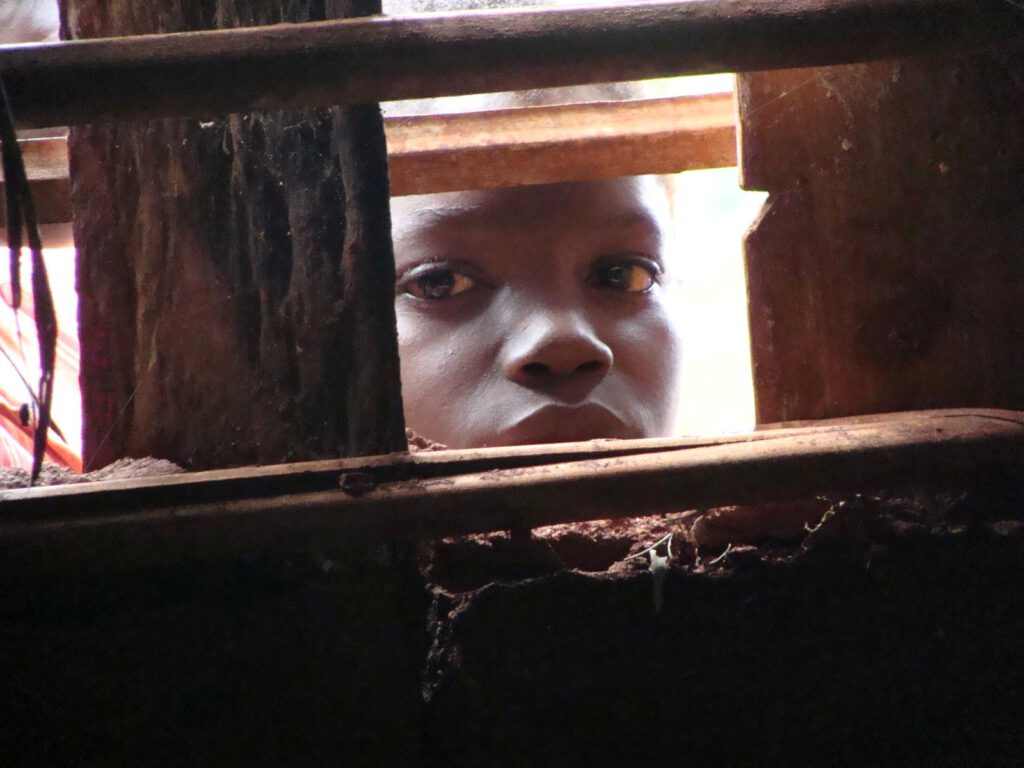
We in the CLM also have our great concerns about how to support our companions who left everything to give their lives to the mission; in particular, the difficulties we encounter in getting new people (young and not so young) to join this missionary service. Finding new people to complete our communities in mission and continue to share our lives with the peoples whom the Lord has called us to serve…
But when we find ourselves surrounded by many difficulties, God appears and reminds us of his covenant with us. As a Church, we live a long Lent asking to be converted and to overcome our weaknesses. And thank God we encounter him in the celebration of the Easter Triduum. During those days, we accompany Jesus at the Last Supper where he teaches us the importance of service. We were with Him on the night of Gethsemane to understand the harshness of those moments, which sometimes remind us of some of our own, and we are grateful for Jesus’ determination to confirm his YES to the Father.
From there, we accompany Jesus in the hardest moments, the consequence of his life. There are many who could not bear his words and deeds; they had to put an end to him. We see Jesus taking up the Cross, the cross that is repeated in so many women, so many men, boys, and girls in our world who continue to suffer injustice, so many harsh realities from which the Lord does not flee, but rather takes a step forward. We understand that God has decided to go all the way with us, that he does not abandon us at any moment.
And with joy and gladness we celebrate Jesus’ resurrection from the dead. Death, evil, does not have the last word. God raises Jesus from the dead and tells us that He is the Way, the Truth, and the Life.
Now we walk a little like the disciples of Emmaus, not quite believing it, not quite recognizing it…
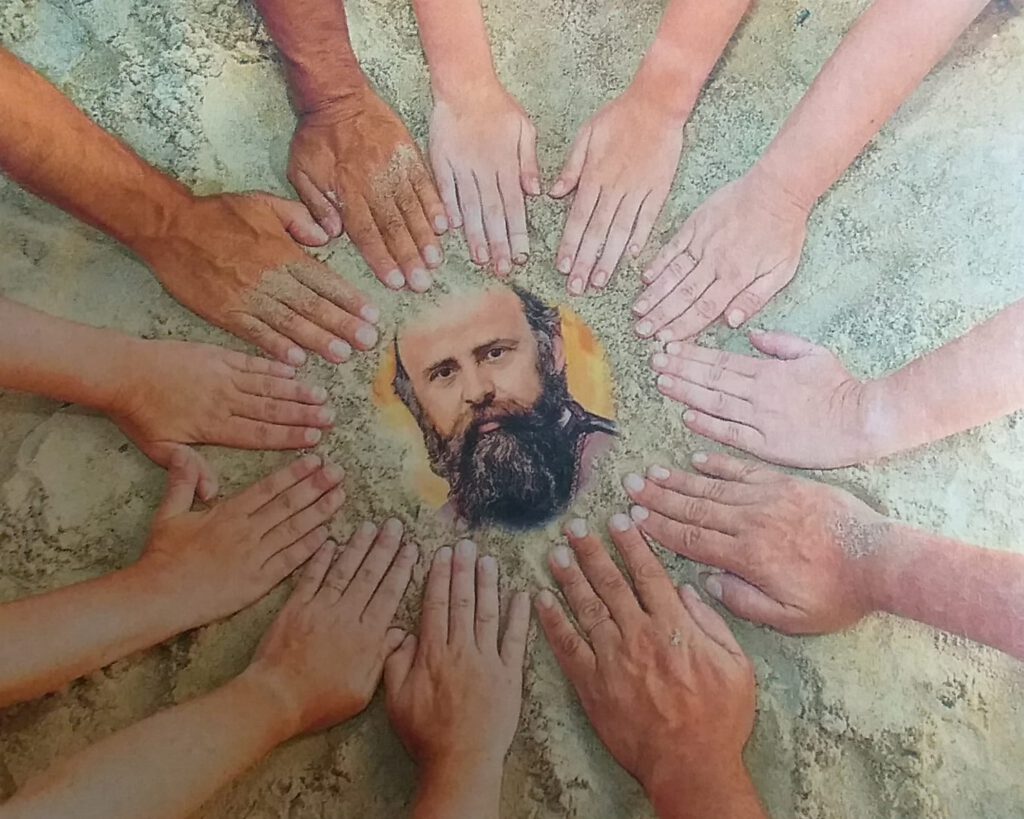
But we see how light prevails over darkness, we see that this is the way forward. Once again we fall at the feet of the Risen Jesus, we ask for forgiveness and we give THANKS.
And suddenly all our difficulties begin to change color. It is not us, it is Him. Each one of us has to do our part, but what we need to do is understand God’s plan and give the answer that Jesus gave with his life.
The answer we can give as human beings is fragile and fears immediately arise, but when we understand in whose hands we are, everything changes.
We know that we are fragile and the enthusiasm of Easter tends to be stifled by day-to-day concerns, but Easter helps us to see life with perspective. And the community helps us to remain faithful.
Individually and as CLM, we recognize once again that the mission is God’s. How naive to think that it depends on our strength. We are only here to serve it. He takes care of it, we just have to trust. Trust with HOPE. With a hope that is nothing more than expectation based on what we have experienced and are celebrating these days. Our Hope is founded on the Resurrection of Jesus. No matter how uphill the road may sometimes be, we know that He accompanies us and is with us.
And we trust fully in the last words of Matthew’s Gospel:
Go, therefore, make disciples of all nations, baptizing them in the name of the Father, and of the Son, and of the Holy Spirit, teaching them to observe all that I have commanded you. And know that I am with you always, until the end of the age.
Mt 28, 19-20
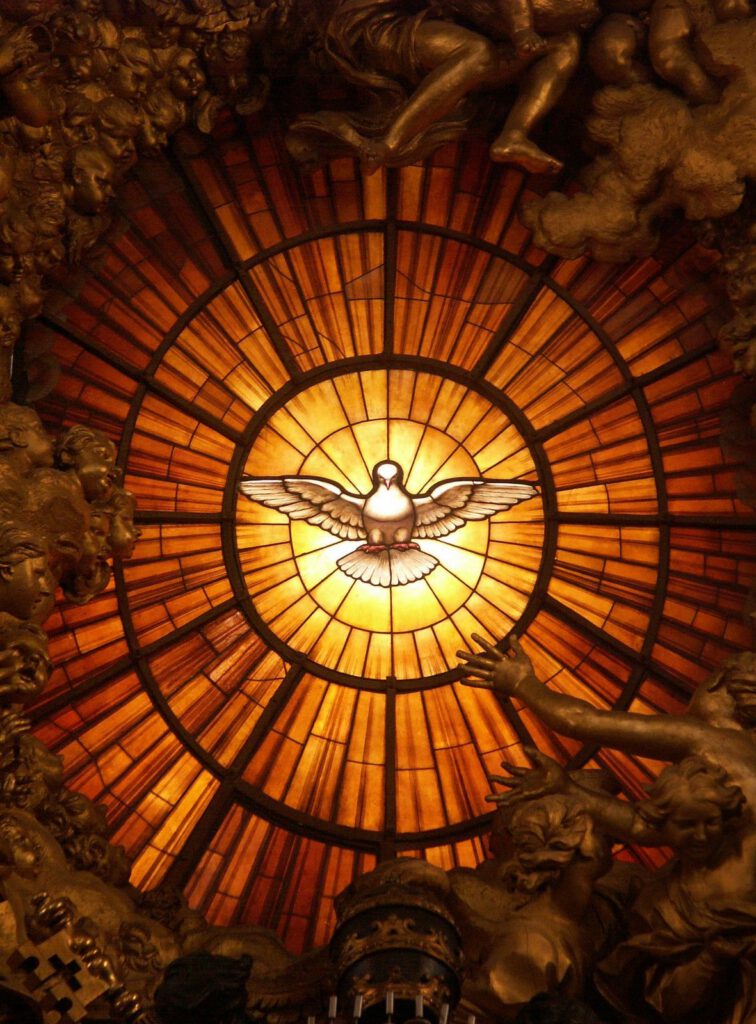
Alberto de la Portilla, CLM




